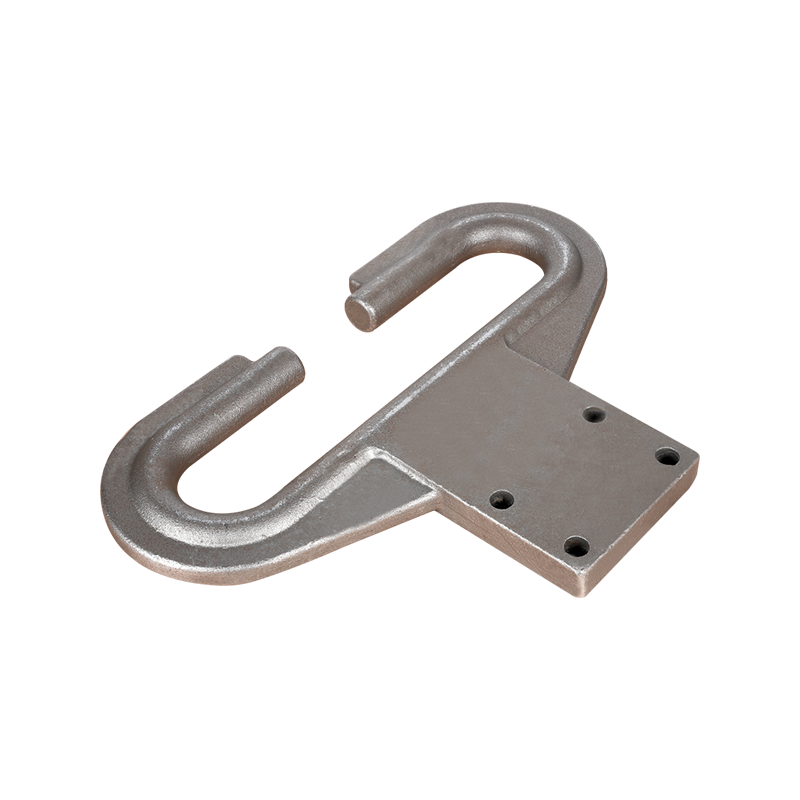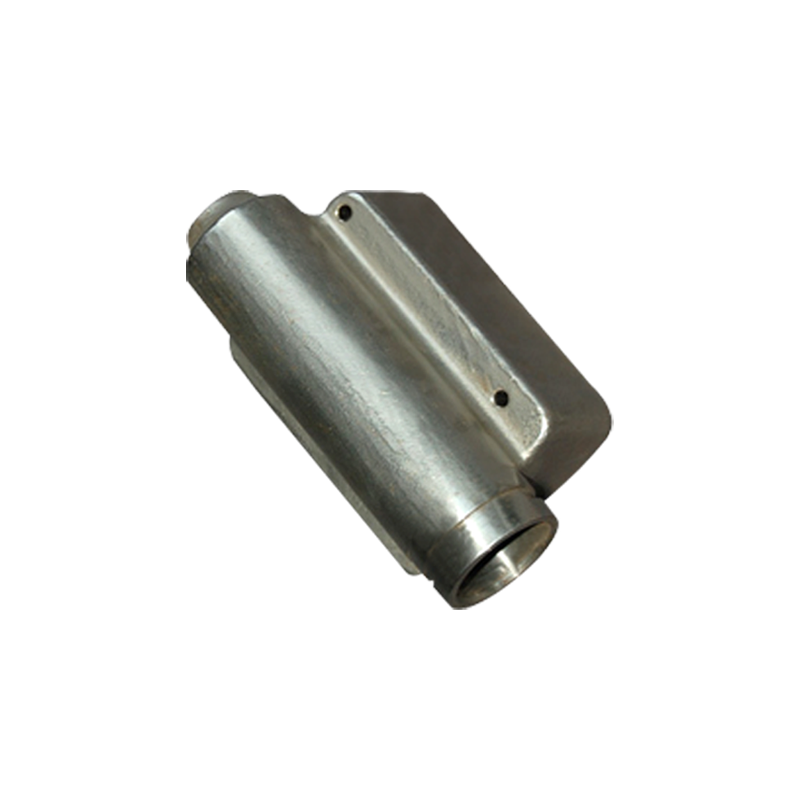Our quality assurance services and processes ensure the reliability of our products and your satisfaction.
1. Wind Energy: Strength and Durability of Wind Turbine Components
Wind Turbine Casings and Frames: Wind turbine casings and frames need to withstand strong mechanical stresses and changing environmental conditions. Ductile Iron Parts is an ideal material for these components due to its excellent fatigue resistance and high strength. When wind turbines work for a long time, their casings and frames will be subject to pressures such as wind speed fluctuations and temperature changes. Ductile iron can effectively disperse these stresses and reduce the risk of structural damage. Its corrosion resistance also makes it excellent in coastal areas or extreme climates.
Rotor Shaft Components: The rotor shaft of a wind turbine needs to operate under high loads and high rotational speeds. Ductile iron can provide strength and toughness to prevent the shaft from breaking or deforming during use. Ductile iron's fatigue resistance and high yield strength enable the rotor shaft to maintain long-term stability in wind fluctuations and equipment vibrations.
2. Hydropower: Corrosion-Resistant Components in Hydropower Stations
Turbine Components: The rotating parts of the turbines in hydropower stations are exposed to water all year round and face the challenges of corrosion and mechanical wear. Ductile iron has good corrosion resistance and high mechanical strength, and can be used for a long time in water flow without being easily damaged. Ductile iron is often used to make important parts of turbines such as blades, wheel shells, and shafts, which can effectively improve the operating efficiency and service life of the system.
Pipes and valves: Pipes and valves in hydropower stations need to withstand high-pressure water flow. Ductile iron is an ideal material for these key parts due to its excellent corrosion resistance and high compressive strength. Ductile iron pipes have high wear resistance and can reduce wear caused by materials such as sand and gravel in the water flow. Especially in some high-mineral waters, ductile iron can ensure the stable operation of the pipeline system.

3. Solar energy: Reliable structure of solar panel brackets
Solar support frame: Solar panels are usually installed on a wide ground. These support structures not only need to be able to withstand the weight of large-scale panels, but also have to cope with severe weather such as wind, rain, snow, frost, and temperature differences. Ductile iron is often used as a material for support frames because of its high strength, corrosion resistance, and good structural stability. In some areas, solar brackets need to be exposed to salt spray and sea breeze for a long time. The corrosion resistance of ductile iron ensures the long-term use and stability of the support frame.
Thermal expansion performance: The bracket of the solar panel needs to cope with the temperature difference changes all day long. Ductile iron has a low thermal expansion coefficient, which means that it is not easy to deform under large temperature changes, which can ensure the stability and durability of the entire solar array.
4. Geothermal energy: high temperature resistance and durable components
Geothermal drilling equipment: In the process of geothermal energy development, drilling equipment must be able to withstand high temperature and high pressure environment. Ductile iron has excellent thermal expansion characteristics and high temperature resistance, which is suitable for geothermal well drill bits, casings and other equipment. Ductile iron can not only cope with the thermal fatigue caused by high temperature to the material, but also maintain high strength under continuous high temperature, extending the service life of the equipment.
Geothermal system pipelines: The pipelines of the geothermal energy system need to withstand high temperature and high pressure conditions. The high temperature stability and corrosion resistance of ductile iron make it an ideal choice for geothermal pipelines. These pipes need to operate for a long time to transport hot water or steam. Ductile iron can effectively deal with thermal expansion, pressure changes and corrosion problems to ensure the safety and stability of the system.
5. Energy storage system: Durability in mechanical energy storage solutions
Flywheel energy storage system: Flywheel energy storage is a technology that stores and releases energy by rotating flywheels. Ductile iron is often used in the manufacture of flywheel systems, especially when subjected to high rotation speeds and large inertial forces. Ductile iron, due to its high density, high strength and good toughness, can provide the necessary weight and stability for the flywheel to ensure that it will not break or deform during rapid rotation and energy storage.
Flywheel housing: The housing of the flywheel needs to be able to withstand the centrifugal force caused by high-speed rotation. Ductile iron is often used in the manufacture of flywheel housings due to its excellent fatigue resistance and high strength. Ductile iron housing can effectively protect the internal mechanism of the flywheel while ensuring the safety of the entire energy storage system during long-term operation.
6. Tidal and wave energy: Adapting to harsh marine environments
Marine turbine components: Tidal and wave energy generation devices are usually located in marine environments and are exposed to salt water and sea breezes for a long time. The corrosion resistance of ductile iron makes it an ideal material for marine turbine blades, shafts and casings. Turbines need to withstand continuous impact and rotation under the action of water currents and tides, and ductile iron can ensure the long-term stability of these components in harsh marine environments.
Submarine infrastructure: The support and connection components of submarine structures such as underwater turbines require very strong pressure resistance and corrosion resistance. The high strength and seawater corrosion resistance of ductile iron make it highly applicable in submarine infrastructure. Whether it is the base of the underwater turbine or the connection part, ductile iron can ensure long-term durability and reliability.
7. Sustainability and recyclability: The green characteristics of ductile iron
Sustainable manufacturing: Ductile iron itself is a highly recyclable material, which makes its use in the field of renewable energy in line with the concept of environmental protection and sustainable development. Many renewable energy projects require the use of environmentally friendly materials, and the recyclability of ductile iron reduces waste and meets the requirements of green manufacturing.
Low environmental impact: Although the production process of ductile iron is relatively energy-intensive, the development of casting technology has effectively reduced carbon emissions and resource consumption in the production process. For example, the use of electric furnace steelmaking technology and more efficient casting processes have made the production of ductile iron more in line with sustainable development standards. By optimizing the production process, the use of ductile iron in renewable energy equipment is increasingly in line with environmental standards.
 Language
Language
 FT CASTING
FT CASTING















